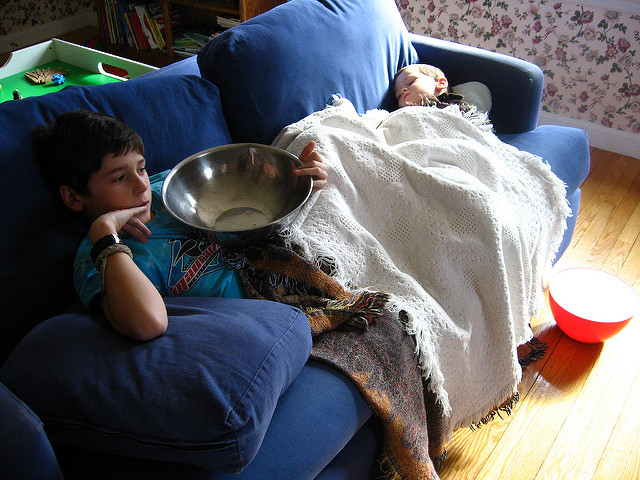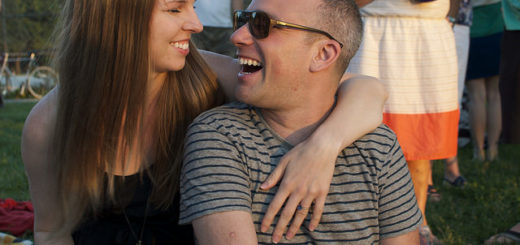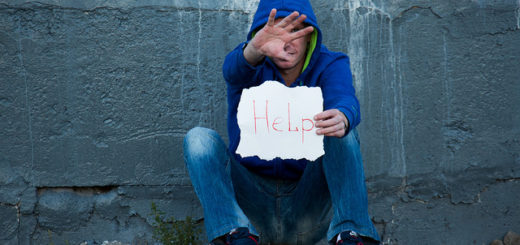Were You A Parental Child?
One of the fathers of family therapy Salvador Minuchin coined the term parental child during the 1960s. It refers to a role reversal between parent and child. A parental child may suffer from psychological difficulties as an adult and so need help to understand themselves and recover from their symptoms.

All families have to deal with stress and conflict. A well functioning family is the one who can support the developing needs of its members whilst acknowledging and adapting to the changing conditions in its environment.
A Parental Child And Their Family
All families have to deal with stress and conflict. A well functioning family is the one who can support the developing needs of its members whilst acknowledging and adapting to the changing conditions in its environment.
However when a family is unable to function in this way, one or more members attempt to protect the integrity of the system by making compromises and sacrifices. One of these sacrificial patterns is the parentification of a child.
When one or both parents are unable to carry out their parental responsibilities one or more of their children take on the tasks. When a child takes on roles normally associated with parents, their need for care, comfort, attention, support and guidance is sacrificed in order to take care of the family’s logistical and emotional needs.
We observe this when a parent is ill and a child has to do the housework, look after their sibling or work to support their family. Another example is when a mother who is unfulfilled with her husband, she chooses one child as a surrogate companion as confidant.
But we have to be sensible about these definitions. In many families children are expected to undertake household chores. In poor families it’s also not uncommon for some children to earn their own pocket money by undertaking part-time work.
When A Parental Child Becomes An Adult
A parental child who has missed out on being a child will often continue feeling responsible for their parents as an adult.
Once again we must be sensible, however. When parents become frail then we may have to step up as children and care for them.
However during transitions such as adolescence, leaving home, starting work, finding an acceptable partner or having a baby of their own it is more likely that there will be family crisis when a family have learned to rely upon a child. I have seen many mothers creating havoc by throwing temper tantrums whilst their daughter is about to give birth for the first time!
Another scenario I observe is the adult child becoming addicted, delinquent or physically ill, requiring the parents’ care and attention which they missed in their childhood.
Here are some other problems a parental child might experience as an adult:
1) Inability to develop healthy attachments and boundaries.
2) Fear of committing to a marriage, difficulty to develop healthy intimate relationships.
3) Experiencing unease of panic attacks when traveling to a different city or country.
4) Tendency to build up anger and sometimes explode when expectations trigger their wound in close relationships such as parent, partner and children.
Recovery For The Adult Parental Child
Life is like a card game; it becomes what we make with the cards dealt in our hand. It is best to be grateful to be in the game, knowing it is a game and making the best with the cards at hand.
Here are my suggestions to heal the wounds of a parental childhood:
1) Remember this is your life and you are now grown up. It is time to cut the umbilical cord and take responsibility for yourself and let your parents take responsibility for themselves.
2) If you don’t do it yourself, life will do it for you whether you are ready for it or not.
3) Sure your parent(s) and siblings may not like it when you change, but you cannot stop life.
4) Value your friendships and new family to support you through the trauma of the transition.
5) Focus on the qualities you want to project in yourself and life and make it a priority to live accordingly.
6) Return always to your centre. Use methods to heal your ancestral heritage, such as praying, meditation and Ho’oponopono.
Attribution 2.0 Generic (CC BY 2.0)image:Qfamily




